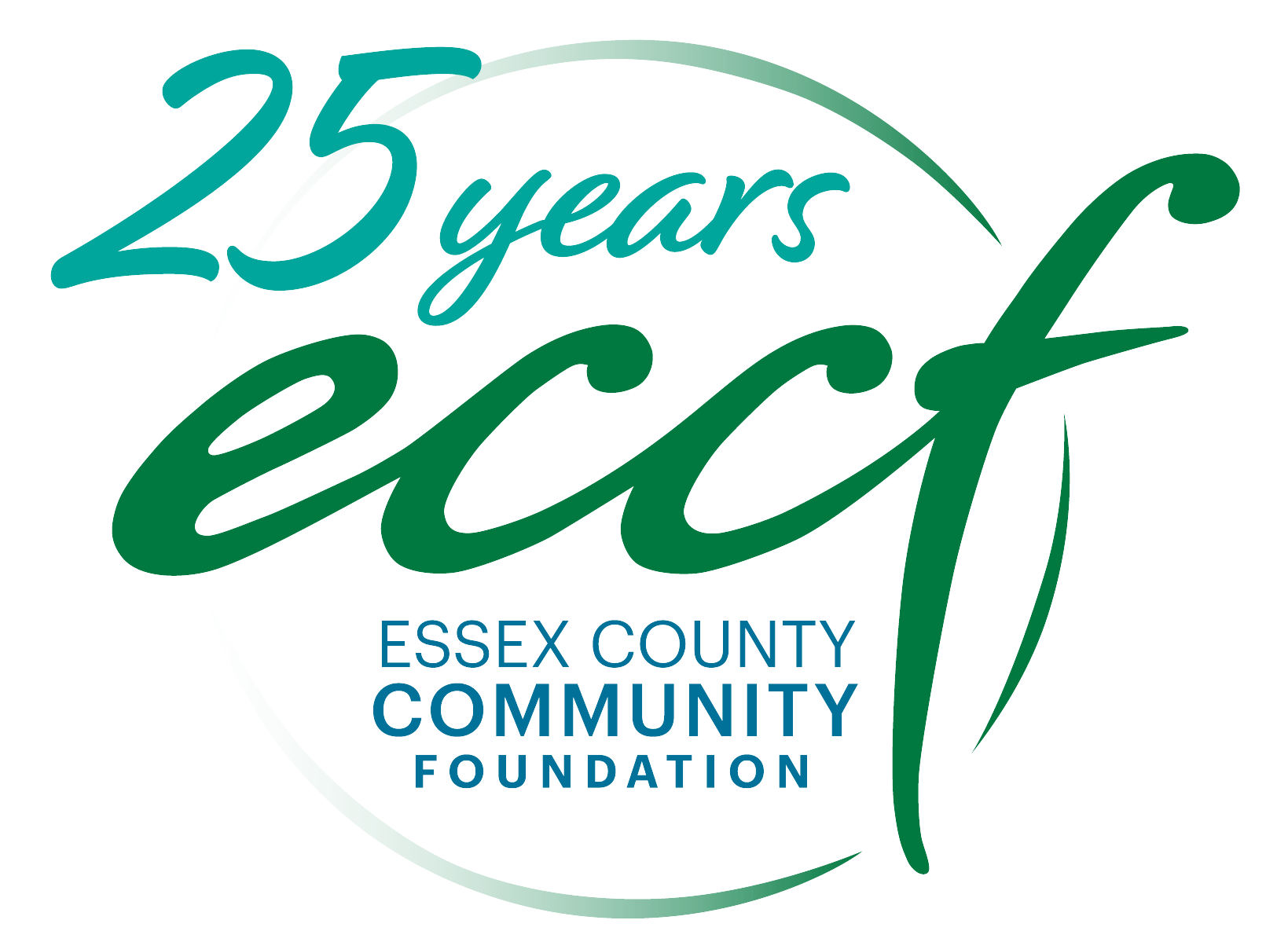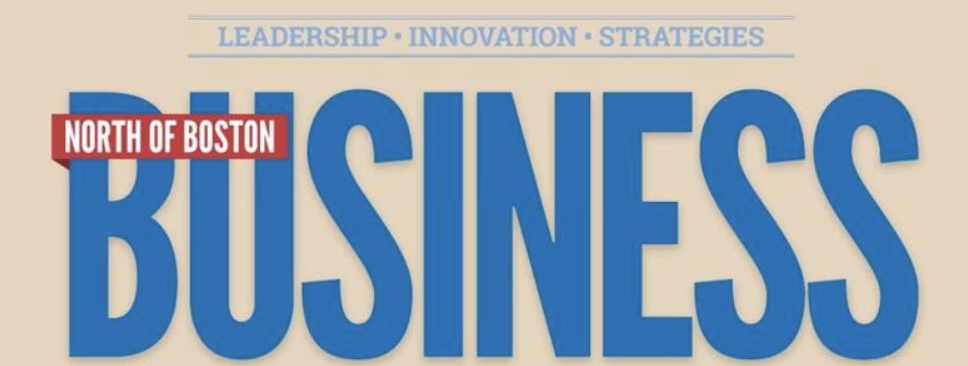Published in North of Boston Business March 24, 2021
By Beth Francis
They were the first to close and will be among the last to fully reopen. Theaters, performance venues, live music spots, museums and galleries: they make our communities more vibrant, they help drive the local economy, and they serve as epicenters of creative expression, cultural representation and togetherness.
And they all have one need in common – people.
But for just over a year now, people have been in short supply. COVID-19 has decimated social interaction as we know it. Even with the new hope of widespread vaccinations, arts and culture are in trouble. Venues are either closing or hanging by a string, asking patrons to donate the cost of unused tickets or scrambling to offer virtual performances with few resources and at a fraction of traditional admission prices – just to stay afloat.
And it’s not only the artists and performers who are suffering from the economic fallout of the pandemic; it’s everyone that helps keep the doors open: graphic designers, producers, writers, sound and lighting engineers, marketing staff, arts administrators, ticket agents, curators, arts educators and more. The trickle-down effect of what has fundamentally become an arts and culture shutdown seems nearly infinite.
“Our once booming, innovative and vibrant cultural sector is in economic crisis,” Michael J. Bobbitt, executive director of Mass Cultural Council said in a March press release announcing updated data on COVID-19’s crushing impact on the arts and culture sector. “One year of closure and cancellations adds up to millions of dollars in lost revenue and income, and thousands of displaced and impacted workers statewide.”
According to a recent survey by the organization – the fifth of its kind since the pandemic started – nonprofit and municipal cultural organizations have reported a shocking $588 million in lost revenue since March 2020. Meanwhile, Massachusetts’ creative workers cite more than $30 million in lost personal income due to the pandemic.
Mass Cultural Council also reports that to cope with the reality of this staggering revenue loss, 65% of the state’s cultural organizations with employees have or will layoff, furlough or reduce hours and/or wages of staff.
North of Boston alone, nearly 3,000 cultural sector jobs have already been impacted. And the 326 artists in the region who responded to the survey reported nearly $3.5 million in total lost income.
“We are feeling this loss very deeply across Essex County’s arts and culture sector,” said Karen Ristuben, program director for Essex County Community Foundation’s (ECCF) Creative County Initiative, which aims to elevate arts and culture in the region. “Especially for our smaller, community-based theaters, museums and venues, which already operate on shoestring budgets, this last year has been devastating.”
While the arts and cultural sector await help from the federal government, and, in Massachusetts, prepare for statewide cuts to arts and culture spending, philanthropy has stepped in to do what it can. In Essex County, with the generous support of private donors, ECCF has granted over $200,000 to 177 local artists and nonprofit cultural organizations through two arts and culture based COVID recovery funds.
“The need has been immense,” said Ristuben. “But it’s not a long-term solution for what is really a systems-based challenge.”
In a post-pandemic world, what is truly needed is a stronger, more sustainable creative ecosystem that can withstand the next inevitable economic downturn. And for that, we need sustainable support for infrastructure, including dedicated public funding, and greater collaboration between individuals, creative businesses, cultural nonprofits and other strategic partners.
Right now, ECCF is working in partnership with community and municipal leaders across the region on some of these very things, among them a system to distribute and promote the creative digital content of area cultural organizations and artists who may not have resources to do this on their own, and a leadership support program for creative civic leaders.
The COVID-19 pandemic has dealt a tremendous blow to nearly every aspect of life, and the arts and culture sector is but one of many casualties. But it’s one whose absence profoundly affects our ability to find meaning, connection and inspiration in our lives and communities. And now the sector-wide economic devastation must be made right.
“The pandemic has laid bare the sector’s vulnerabilities,” said Ristuben. “And as the creative economy begins to reopen, it will take all of us – through actions like ticket purchases, donations and advocacy – to help bring it back.”


